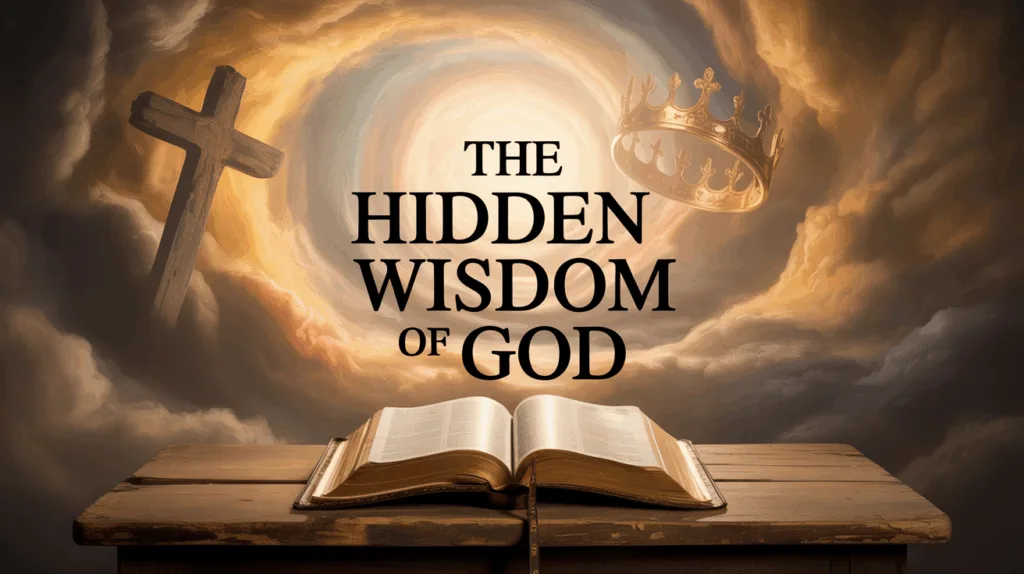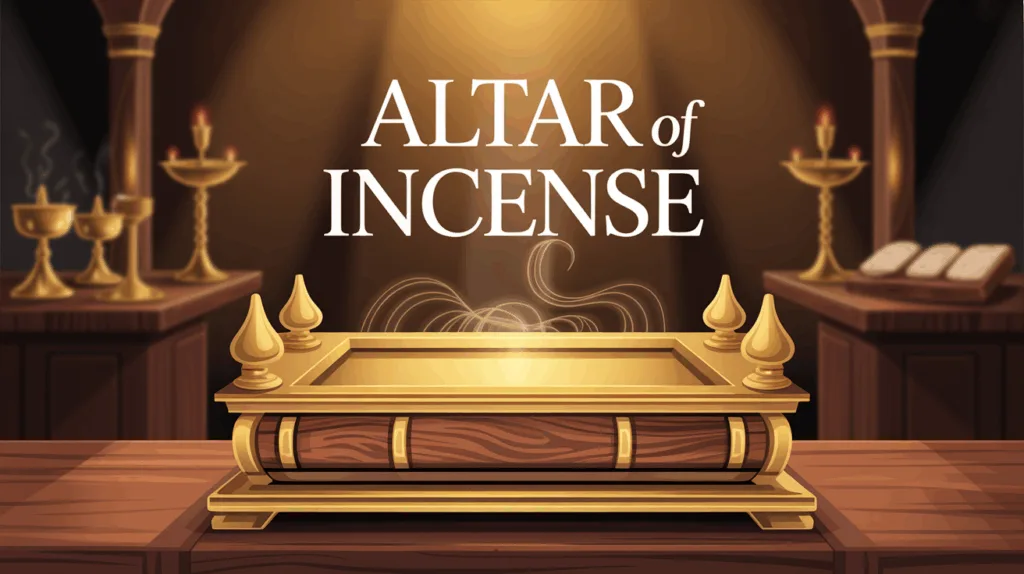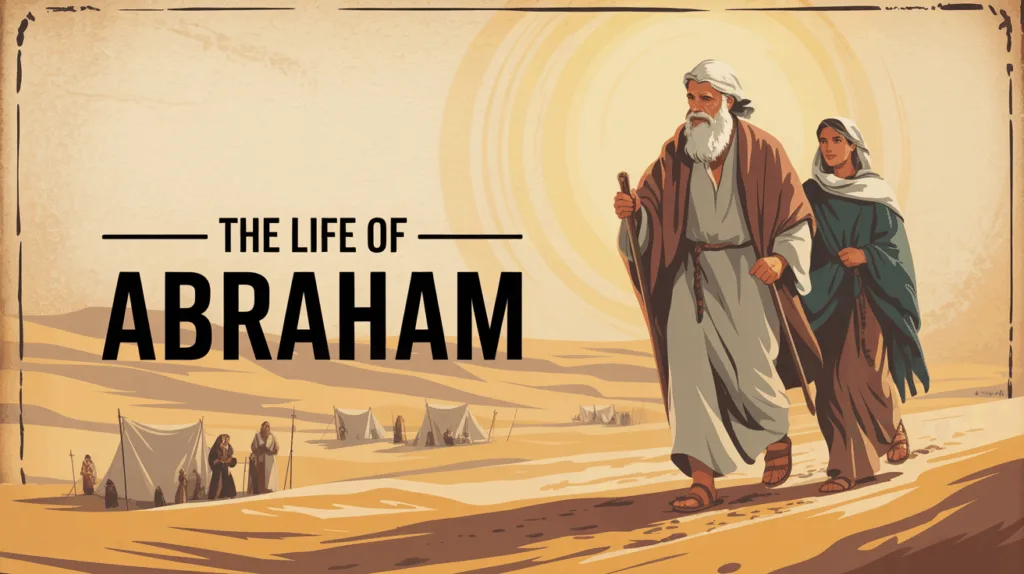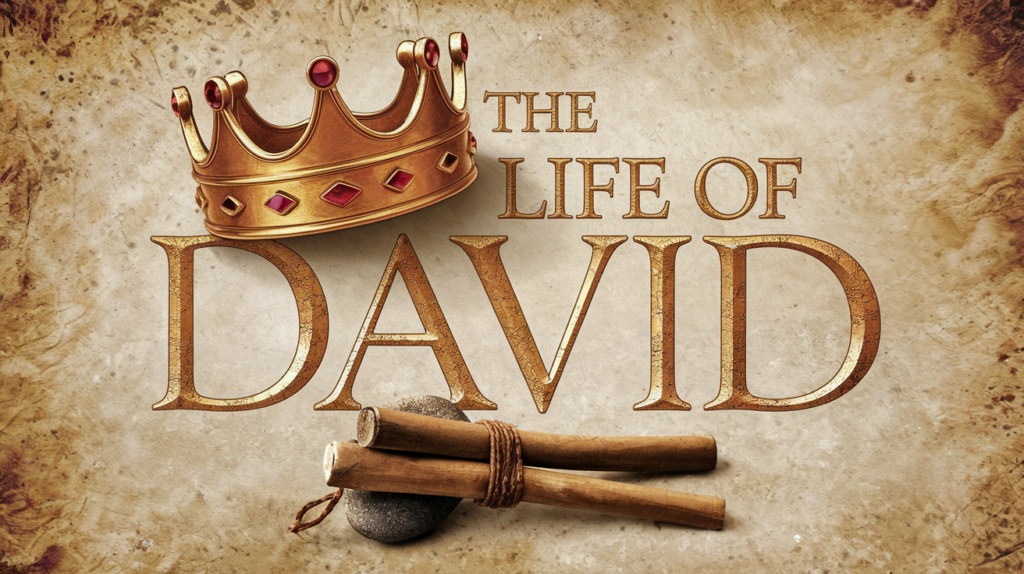A Complete Bible Study on Psalm 27
Psalm 27 is one of David’s most beloved songs of trust. It begins with a bold declaration of confidence in the LORD and ends with a humble prayer for His presence and deliverance. In this psalm, we see the tension between fearless faith and honest pleading....










